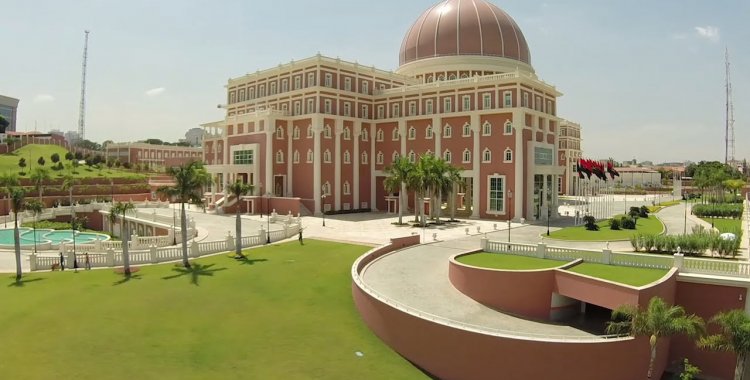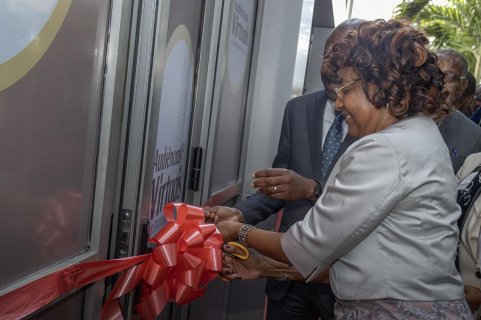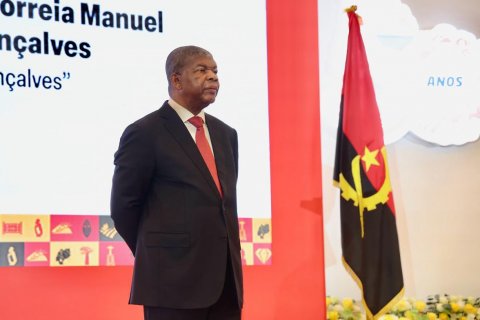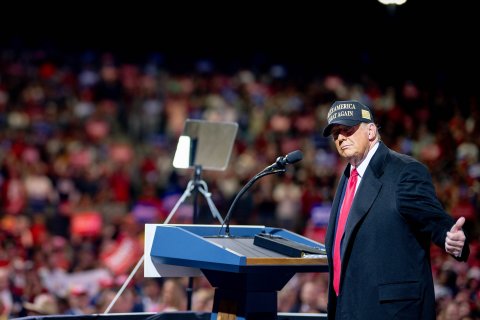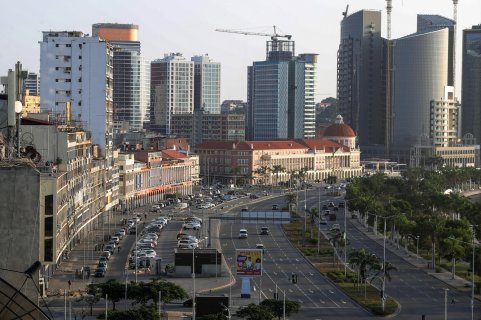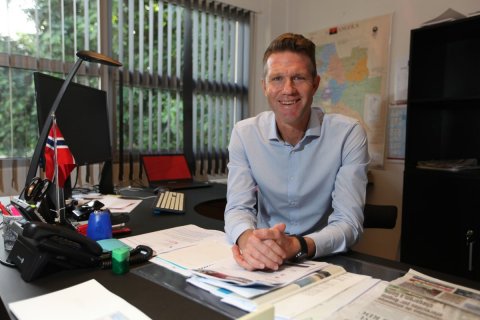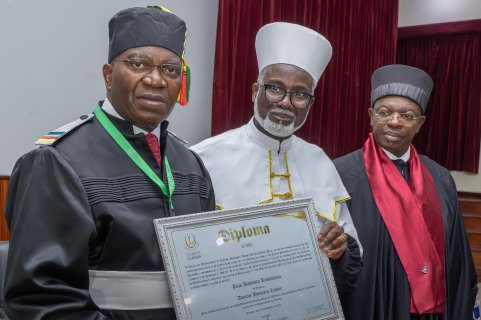The National Assembly holds the first plenary session of 2021, debating four diplomas related to the justice sector, relating to the functioning of the constitutional court, the law of the constitutional process, rules of the Code of Civil and Criminal Procedure and relating to court fees.
Before considering the diplomas, the deputies present their political statements focusing on the weaknesses of justice.
In her political statement, which began with addressing “all young people who are unjustly judged for exercising their rights”, on a day when the debate focuses on the area of Justice, the vice president of UNITA (National Union for Total Independence of Angola), Mihaela Webba, pointed out that the functioning of the institutions cannot be hindered by party political interests.
"We must put the Angolans' best interests above the interests of our political parties", stressed the parliamentarian of the largest Angolan opposition party, pointing to a regression of the rule of law in the last 12 months, "with repressions of the constitutional rights of Angolans, namely , the right to life, physical integrity, housing, demonstration and freedom of expression ”.
On the approval of the two diplomas related to the Constitutional Court, he deplored the degradation of the image of the higher courts, particularly the Supreme Court and the Constitutional Court “because of the particular interests of the advising judges in the National Electoral Commission, to the point that the President of the Court I supreme to have made false declarations to this parliament, to allow the inauguration of Dr. Manuel Pereira da Silva. ”, Which UNITA has always rejected.
"Angolans cannot allow the party state to be used without limits in political competition through the judiciary and the banking system and because of this behavior we do not have the guarantee of free, fair, transparent and credible elections", criticized the deputy of the National Union for the Total Independence of Angola.
For Mihaela Webba, young people view the political class with suspicion "because there is no consensus agenda in the country that allows a real reform of the State and institutions", which do not promote justice and national reconciliation, she considered.
“This Angola of rights, freedoms and guarantees and economic, social and cultural rights for all its children, which is the will of the vast majority of Angolan citizens, will only be possible if the institutions of justice are just; if the National Electoral Commission and the Constitutional Court as organizing bodies of the elections comply with what is established in the Constitution and the law, and do not subvert Justice and the Law ”, she claimed.
The president of CASA-CE (Broad Convergence of Salvation of Angola - Electoral Coalition), Alexandre Sebastião André, made a negative assessment of last year and criticized those who “created fortunes” to the detriment of other national citizens. He also urged the lifting of the sanitary fence in the capital, Luanda, which “choked” the country's living forces, causing chaos and despair in the population.
Regarding the diplomas under discussion, he considered it important to adapt the legal instruments to the new realities, but he was against the insertion of norms that “violate the law of the Constitution”, such as the faculty of judges to be lawyers in their own cases, of relatives and families direct.
“The justice agencies are sick,‘ n ’difficulties, the slowness is felt,” he criticized.
The president of the National Liberation Front of Angola (FNLA), Lucas Ngonda, welcomed the pertinence of the executive bringing the two diplomas to the assembly, stressing "the weaknesses in the functioning of the justice system" in Angola and stressed that the Court's decisions Constitutional can “be a source of imbalance in social harmony” of the social system.
The deputy said that the institutions of justice must inspire the confidence of citizens and that they should review their decisions.
"The disputes that we verified between the Constitutional Court and other entities that request its intervention to resolve conflicts or resolve situations do not ennoble the noble mission of our courts, as instances that should represent the image of Angola," he added.
Deputy Benedito Daniel, president of the Social Renewal Party (PRS), maintained that the current laws relating to the structure of the Constitutional Court and the Constitutional Process, no longer fully respond to the current constitutional jurisdiction, making it necessary to adjust the organization and functioning of court in order to make it more effective and functional.
Benedito Daniel noted, on the other hand, that although the Angolan Constitution provides for all citizens to have access to justice, not everyone is able to access the courts, due to the lack of means to pay court and legal costs, arguing that the fees and prices to be paid they shouldn't be that high.
The president of the MPLA (Popular Movement for the Liberation of Angola) parliamentary group, Américo Cuononoca, stressed that the reforms “aim to achieve the well-being of Angolans, through a swift, active justice that preserves the dignity of the human person”.
Regarding court fees, he considered that justice should contribute to tax revenues, thus guaranteeing more resources for the State, with updated rates, exemptions or adjustments according to situations.

